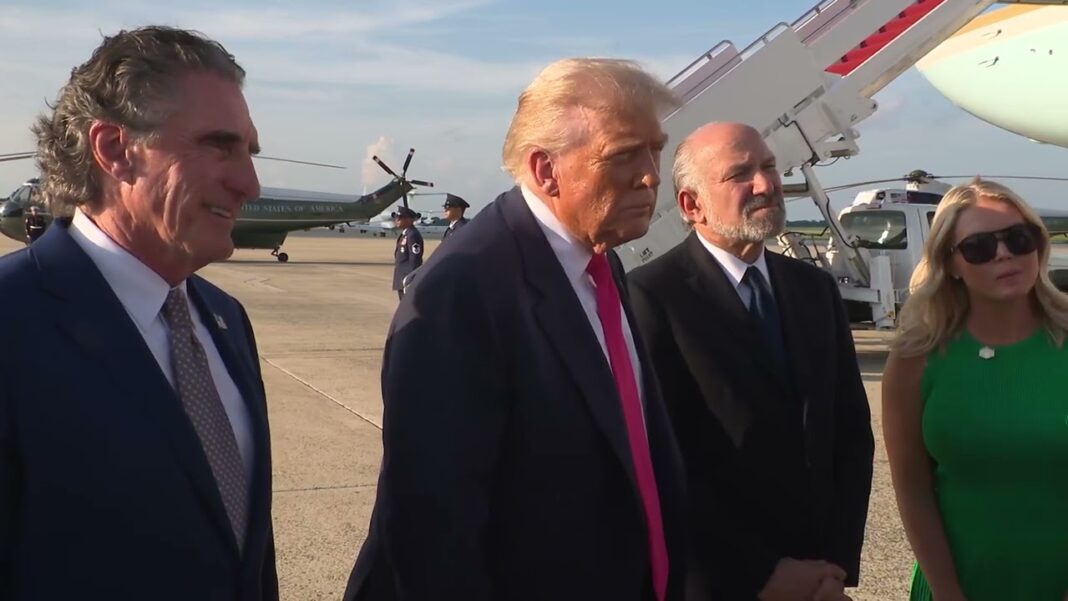Surging tariff revenue is expected to help the Treasury Department better manage the federal government budget deficit.
Commentary
Last week’s news was dominated by the Trump tariffs, including letters sent to countries disclosing their August 1st tariff schedules. Japan and South Korea have been hit with 25% tariffs, so both of these major trading partners want to negotiate a more favorable trade deal before August 1st. Since Japan and South Korea have auto plants in the U.S., they can onshore more manufacturing, so it will be interesting to see if they can cut a more favorable deal with the Trump Administration during the next two weeks.
The big news this week will be Tuesday morning’s release of retail sales and the June Consumer Price Index (CPI), followed by today’s Producer Price Index (PPI). If inflation continues to remain low, maybe the Fed will cut rates in two weeks, and if we also see a pick-up in June retail sales after May’s slow pace, this could be a catalyst for a rise in business and consumer sentiment this summer.
Here are the most important developments recently and what they mean:
– The stock market is largely ignoring the latest tariff news, such as 30% tariffs on the European Union (EU) and Mexico, and a whopping 50% on Brazil on August 1st. Apparently, Wall Street has finally figured out that this is how President Trump negotiates, namely by making the other side increasingly uncomfortable.
– When a country has balanced trade with the U.S., like Australia and Britain, reciprocal tariffs above 10% baseline tariffs are no longer necessary. However, when a country has erected multiple trade barriers like the EU has, reciprocal tariffs will be imposed, especially if those countries do not agree to buy more U.S. goods and services.
– German Chancellor Friedrich Merz said President Trump’s threat of 30% tariffs would hit exporters “to the core” if a negotiated solution cannot be found in the coming weeks. Merz said he was coordinating closely with other EU leaders to ensure tariffs of such magnitude don’t go ahead and said, “That requires two things: unity in the European Union and good lines of communication with the American president.”







